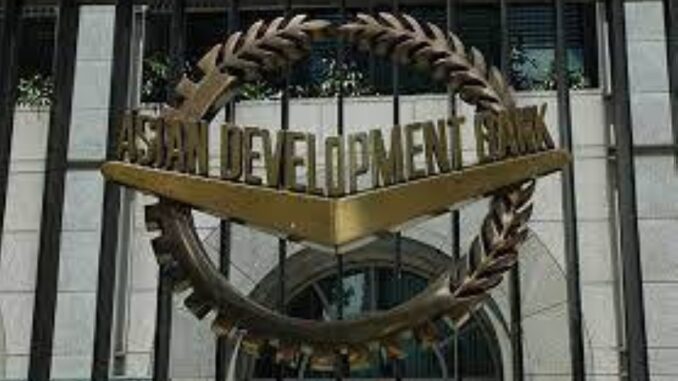
THE Asian Development Bank (ADB) is looking to lend $500 million to the Philippines to facilitate public sector financial reforms, a senior official said on Monday.
“That’s a policy-based loan, which we’ll also plan for approval this year,” ADB Country Director Pavit Ramachandran told reporters at the sidelines of the Public Financial Management (PFM) Reforms Roadmap launch.
“[T]hat’s actually very aligned with this PFM roadmap exercise,” he added.
Ramachandran said this roadmap would solidify the foundation for the achievement of the country’s development agenda as outlined in the AmBisyon Natin 2040 program and 2023-2028 Philippine Development Plan.
“As we come together to celebrate a key milestone for the Philippines, this approval of the Philippine PFM reform roadmap will and should enshrine our collective commitment to ensuring its successful implementation,” he added.
The roadmap aims to enhance governance by promoting efficiency, transparency and accountability in managing public funds, strengthening the country’s economic progress, and boosting the case for a higher credit rating.
Budget Secretary Amenah Pangandaman said the roadmap sought to align planning, budgeting and auditing across government agencies, adding that 13 activities, including planning and budget linkages, cash management, public asset management and digital PFM, were already underway.
The strategy also aims to improve disaster risk management, procurement and local government financial management.
“The good news is that the PFM reforms roadmap will guide us,” Pangandaman said, adding that “it will expedite the adoption of the Integrated Financial Management Information System, or IFMIS, across all government agencies, to ensure seamless and efficient government transactions.”
The budget chief said that the government would be establishing data highways to enable exchanges between existing systems and links to a core central system.
The Budget and Treasury Management System, which Pangandaman said could be launched this quarter, is expected to facilitate “real-time, online accounting, monitoring, and oversight of obligations and disbursements, which are vital for making informed decisions about managing our government resources.”
“With this road map, I am certain that we will sooner achieve our goal of an A credit rating, as it will help solidify our country’s economic gains and further augment our overall credibility and stability,” Pangandaman said.
The Philippines currently enjoys investment-grade credit ratings from the Big Three: Moody’s (Baa2), Fitch (BBB) and S&P (BBB).


Be the first to comment